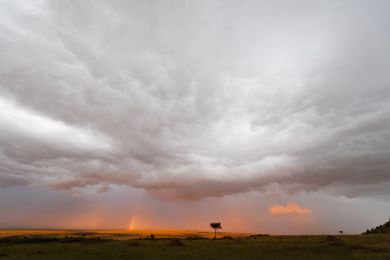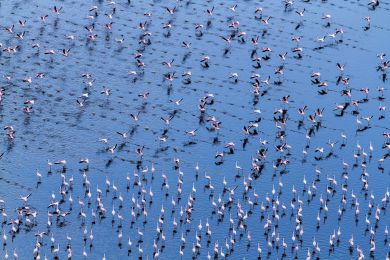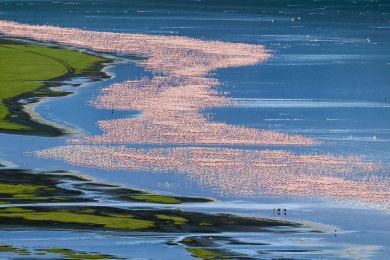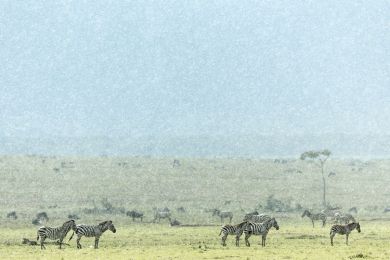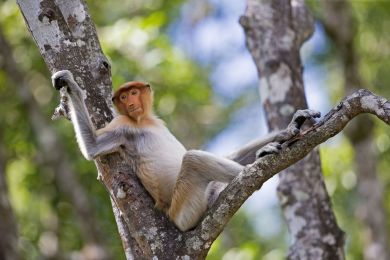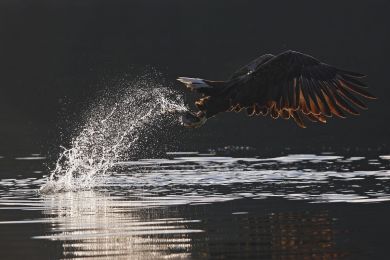By buying this product you can collect up to 178 loyalty points. Your cart will total 178 points that can be converted into a voucher of 35,60 €.
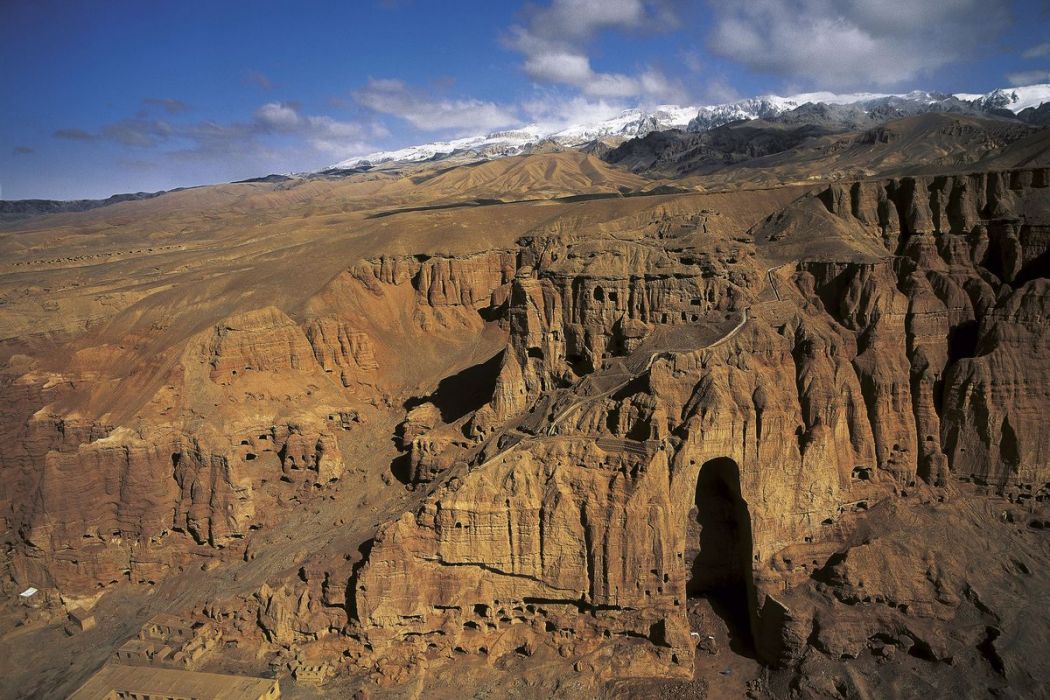 View larger
View larger
Picture information
Sanctuary of Bamiyan, Afghanistan
Yann ARTHUS-BERTRAND
Art photography by Yann ARTHUS-BERTRAND of the Buddhist sanctuary of Bamiyan, Afghanistan. On March 21, 2001, the Taliban, intent on eradicating any record of a faith other than Islam, dynamited the two famous sandstone statues of Buddha sculpted into the cliff overlooking the city of Bamiyan more than 1,500 years earlier.
Data sheet
| Orientation | Landscape |
| Color | Brown |
Sanctuary of Bamiyan, Afghanistan
Yann ARTHUS-BERTRAND
Art photography by Yann ARTHUS-BERTRAND of the Buddhist sanctuary of Bamiyan, Afghanistan. On March 21, 2001, the Taliban, intent on eradicating any record of a faith other than Islam, dynamited the two famous sandstone statues of Buddha sculpted into the cliff overlooking the city of Bamiyan more than 1,500 years earlier.
Fine Art Photography
Print by Experts
100 % Made In France
A recognized expertise, a search of permanent quality.
Printed by a professional photographic laboratory.
All prints are made to order, controlled by the Technical Director.
A certificate of authenticity is provided with each photograph.
Framework made by selected materials to give you the best results. every step of the processing is monitoring by experts.
Loyalty points
Gift Card
Don't miss the opportunity to do the best present...
The whole Yann Arthus-Bertrand photos available with Hemisgalerie gift card.
Lets your guest choose the best image.
Amount from 50 €, create and download directly on our website, valid for one year including promotions.
The original gift for all events
More info
On March 21, 2001, the Taliban, intent on eradicating any record of a faith other than Islam, dynamited the two famous sandstone statues of Buddha sculpted into the cliff overlooking the city of Bamiyan more than 1,500 years earlier. Standing 125 and 180 ft (38 and 55 m) respectively, the statues were sheltered from erosion in cliff-side niches. Five staircases led the faithful to the Buddhas’ heads, which they could explore through troglodytic tunnels decorated with frescoes. These led to caves arranged as prayer and ceremonial rooms, whose ceilings were enhanced with stucco and paintings. In the sixth century, 1,000 monks had settled in the Valley of Bamiyan. Buddhism and Islam coexisted until the thirteenth century. The Buddhas of Bamiyan survived through another millennium, but could not resist the Taliban. Simultaneously added to the UNESCO World Heritage List and the List of World Heritage in danger in 2003, the site is in a fragile state. Soon after their destruction, fragments of the two sculptures were found on the art market. Today the challenge is to consolidate the cliffs, preserve the remaining fragments of the statues and the wall paintings in the caves, while protecting the site from pillaging and illicit digs.





















































